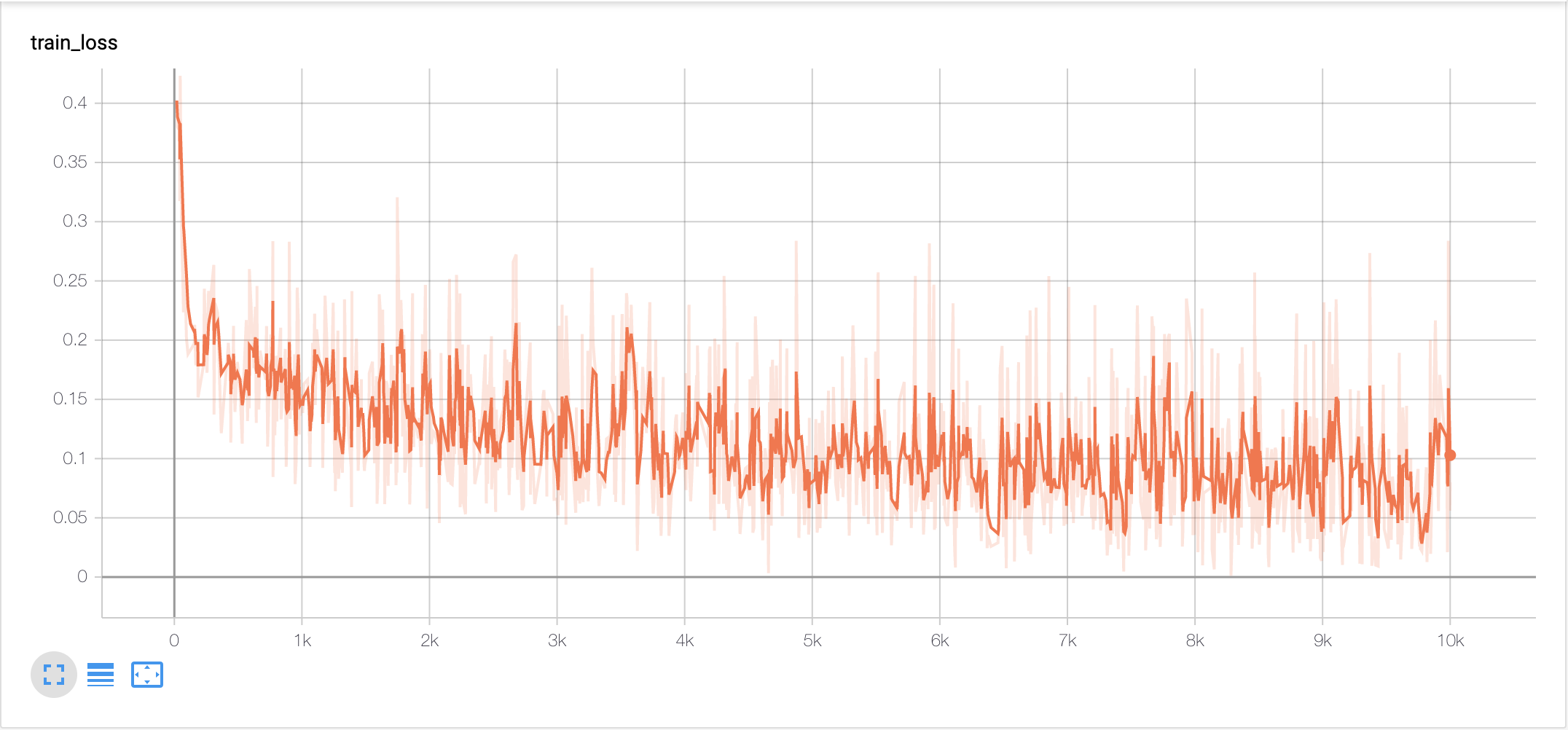Induction Networks for Few-Shot Text Classification
Text classification tends to struggle when data is deficient or when it needs to adapt to unseen classes. In such challenging scenarios, recent studies have used meta-learning to simulate the few-shot task, in which new queries are compared to a small support set at the sample-wise level. However, this sample-wise comparison may be severely disturbed by the various expressions in the same class. Therefore, we should be able to learn a general representation of each class in the support set and then compare it to new queries. In this paper, we propose a novel Induction Network to learn such a generalized class-wise representation, by innovatively leveraging the dynamic routing algorithm in meta-learning. In this way, we find the model is able to induce and generalize better. We evaluate the proposed model on a well-studied sentiment classification dataset (English) and a real-world dialogue intent classification dataset (Chinese). Experiment results show that on both datasets, the proposed model significantly outperforms the existing state-of-the-art approaches, proving the effectiveness of class-wise generalization in few-shot text classification.
PDF Abstract IJCNLP 2019 PDF IJCNLP 2019 Abstract










